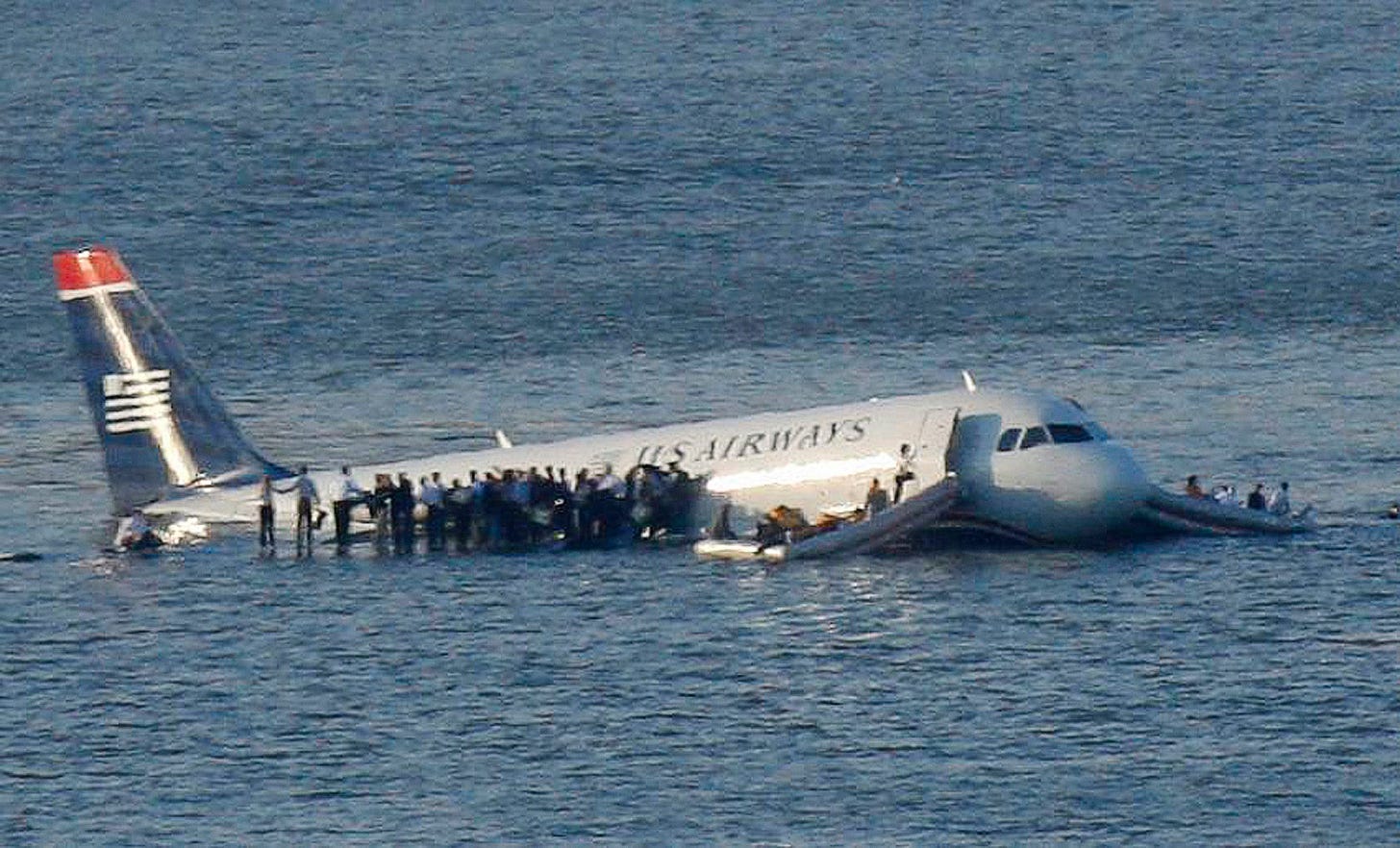Artisans and startle.
Being prepared for surprise.
Whilst I was disconnected from the internet, I found myself wondering about our relationship with technology. It does not make us any smarter or creative. It does not make us a a better driver, or improve our memory. It can, though, allow us to think so. A combination of power steering, traction control, assisted braking, and all manner of other technology enables a mediocre driver to drive quickly and execute power slides on the racetrack, and generally give the impression we have skills we do not have. Turn the assistance off and it very quickly gets messily realistic. Technology bites, as any number of aircraft crashes, lost drivers, and ChatGPT reliant lawyers can testify.
In 2009 Chesley Sullenberger famously landed his Airbus A320, on the Hudson River, saving the lives of all on board after a bird strike disabled both engines. It came down to basics, and he made his decisions based on his earliest training on runway approach glide slopes learned in a Cessna, supplemented by years as a fighter, then commercial pilot. It all comes down to the “startle factor”. One of the side effects of highly reliable systems is what happens when they malfunction, as they all do at some, admittedly remote “black swan” moment. How we react, and what we fall back on in that moment, makes a huge difference. Technology is wonderful, but unless we know how to cope if we find ourselves suddenly without it, in the operating theatre, the captain’s seat, in the courtroom, or in front of a client we do not have control. we are a passenger. Sullenberger had mastery; he was an artisan. People in the military, in extreme sports, and in other hazardous environments train their startle response and the base levels skills needed to provide a platform for recovery which gives us the space to think before disaster strikes.
In the race to be the first to the South Pole, one of the key reasons Amundsen won, and survived, was a relationship with technology, and preparing the startle response. Amundsen used dog sleds, Scott used powered sledges (you can eat dogs, petrol not so much). He also trained his crew to eat raw penguin. He was more prepared to be startled.
The challenge is the more we become reliant on technology, the more exposed we become. If the tech stops, and we do not have the base skills readily and instantly available, we are as much passengers as those we lead and manage. When it comes to it, the way we handle our startle response matters.
Being startled by an app going offline, relying on GPS, the results of a Google search, ABS on icy roads, An AI-produced set of slides. All make life easier until something goes wrong.
Technology deals well with what it has learned to expect.
Humans relate to what they do with far more than explicit knowledge. They harness instinct, intuition, implicit knowledge and relationship with work they love.
I think artisans may find themselves surprised in their work, but are much less likely to be startled, or panic.
When there’s going to be a lot of surprises around, that matters.



There’s a common and important theme here I think around capacity- doing the training to master our operating environment, and practicing foe when things go wrong. Obsession with efficiency though has us blundering on in search of every last fragment of short term return. Making a stand, for ourselves and those we might lead, is important. Thanks for comments :-)
And a lot of that skill depends on giving himself enough time for plan B when something goes wrong.